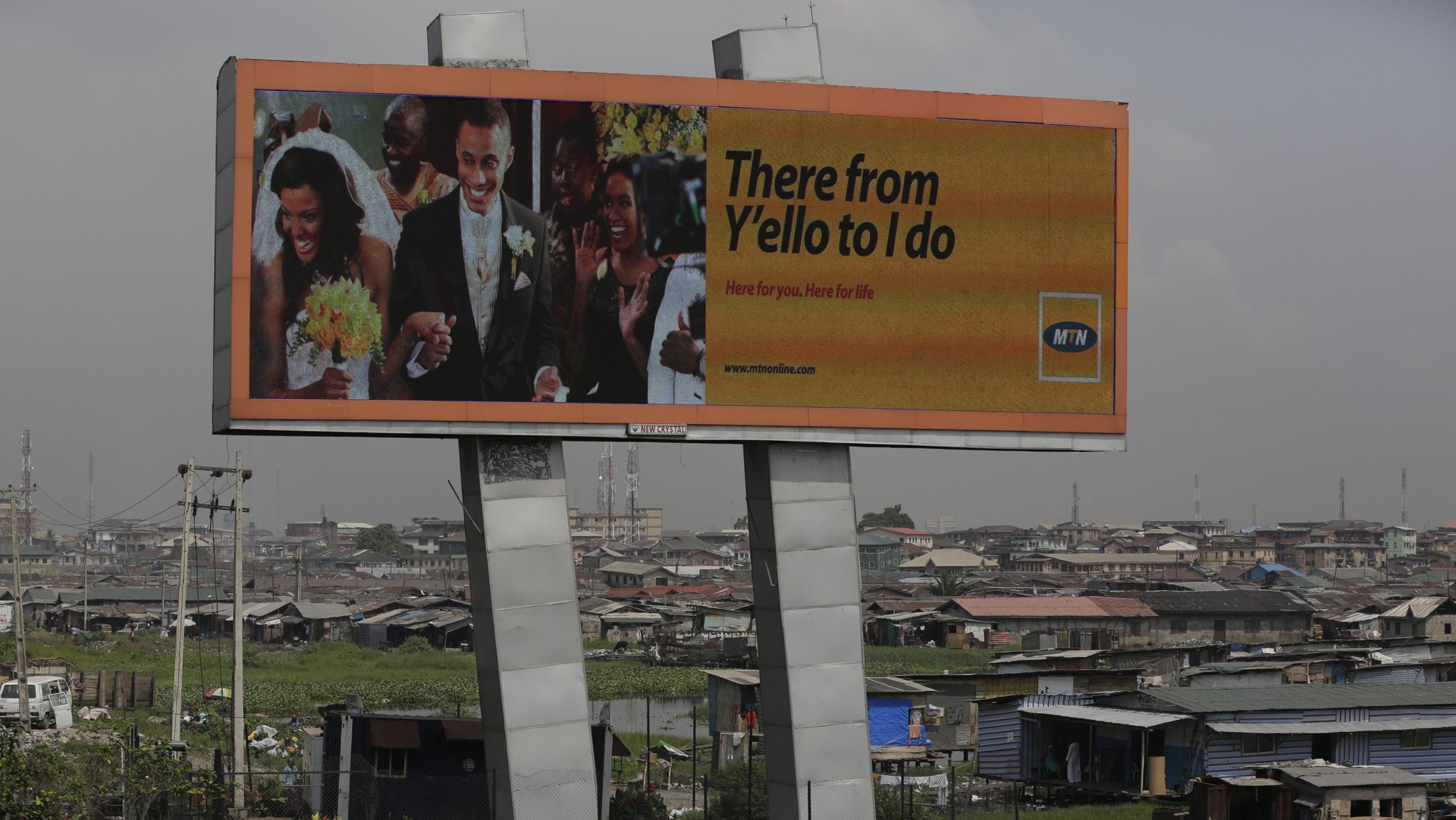Africa’s top brands are losing out at home to international rivals as an economic downturn bites
In 2016, low commodity and oil prices subdued the growth of African economies to their lowest levels in over two decades. The sluggish growth also damaged the place and value of African brands. Last year, the share of African brands among the most admired and valued companies fell from 23% in 2015 to 16% among international brands in 2016, according to Brand Africa 100, the non-profit which values and ranks the continent’s best brands.


In 2016, low commodity and oil prices subdued the growth of African economies to their lowest levels in over two decades. The sluggish growth also damaged the place and value of African brands. Last year, the share of African brands among the most admired and valued companies fell from 23% in 2015 to 16% among international brands in 2016, according to Brand Africa 100, the non-profit which values and ranks the continent’s best brands.
The list was culled from over 11,000 brand mentions cited through a mobile survey by consumers in 19 African countries, who collectively represent 74% of the continent’s population. The grading was then done through a blend of a brand’s financial performance and consumer admiration.
African brands represented 0.75% of the value of the top 100 most admired brands, and non-African brands clinched the list of top three brands in all African markets. The only exceptions were in Nigeria, where telecommunications company Glo featured at number 3; Kenya, where Safaricom came at number 2, and alcoholic beverage Tusker ranked at number 3; and the Azam Group at number 2 in Tanzania.
At 25 brands, companies originating from the United States were in the lead among the top 100 companies valued by Africans, followed by European nations like the United Kingdom (8), Germany (6), and France (5), besides Asian products from Japan (6) and China (5).
MTN, the most admired and valuable African brand, has faced significant legal and leadership challenges. It dropped from the top spot to the ninth position on the continent’s most esteemed brands. It was preceded by Samsung, Nike, Adidas, Coca-Cola, Apple, LG, Nokia, and Toyota. French clothing company Lacoste was the most resurgent brand among the respondents, jumping to position 42 in 2016 from 92 in 2015.
And perhaps, in a sign of rising middle-class consumerism, new global entrants in luxury apparel such as Louis Vuitton, Calvin Klein, and Prada appeared in the ranking. Chinese media company StarTimes, a competitor to South Africa-owned Multichoice, was featured for the first time, while Facebook rose eight positions to rank at number 63 continentally. Swedish cosmetics firm Oriflame and German car manufacturer Audi also appeared in the list for the first time.
But the lower profile of African brands doesn’t mean all is gloomy for the continent’s companies. The continent is ripe with business opportunities, and Africa-owned brands are growing faster and making more money than their global peers.
Diversification is also apparent in both the most valuable and admired African companies, with investment in telecommunication, food, beverages, media, apparels, and retail industries. Brand Africa also noted that 31 new brands, including Ethiopia’s Anbessa Shoes and Morocco’s fashion label Marwa, joined the top 100 list in 2016. Media outlets such as DSTV and financial service providers such as Safaricom’s MPESA also featured among the top 100 brands in the continent.